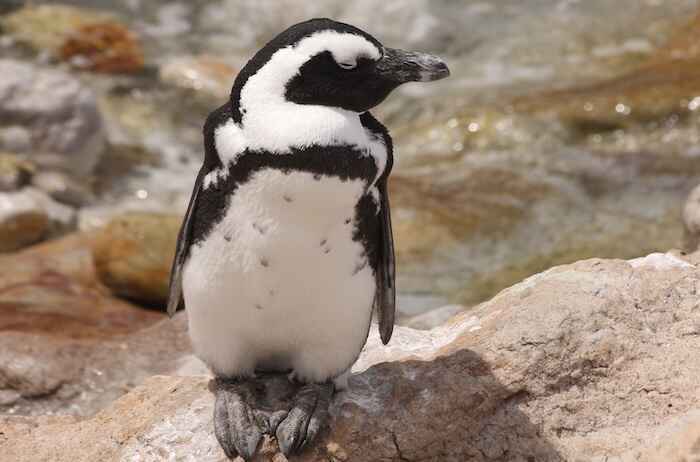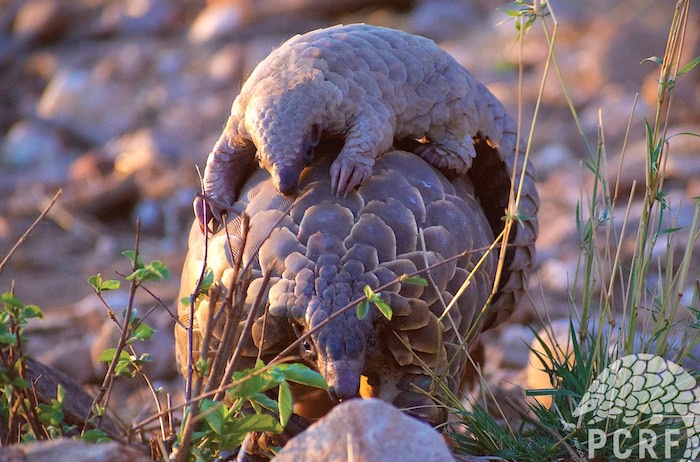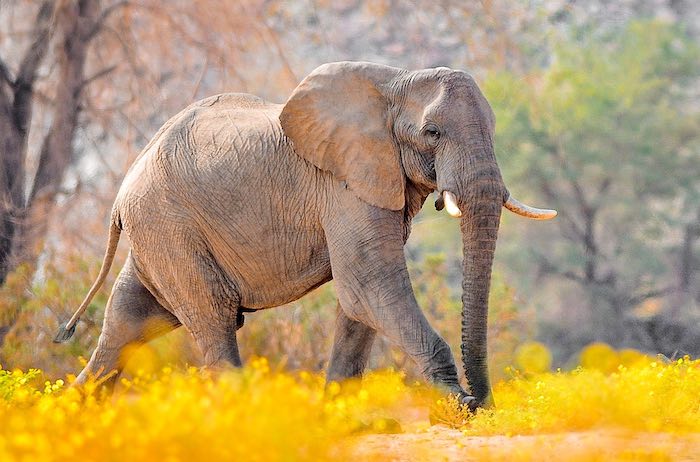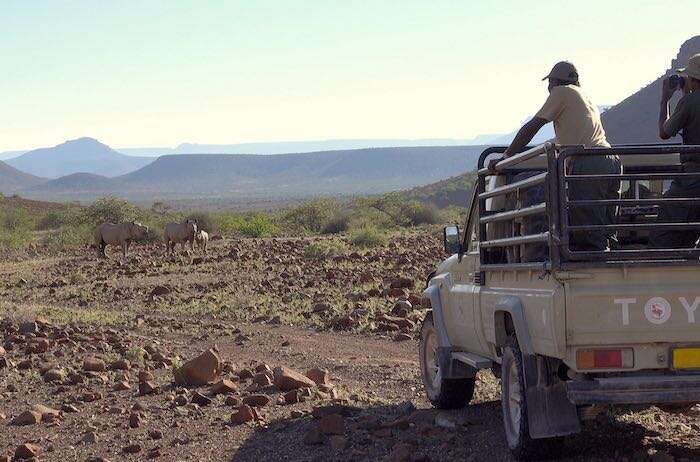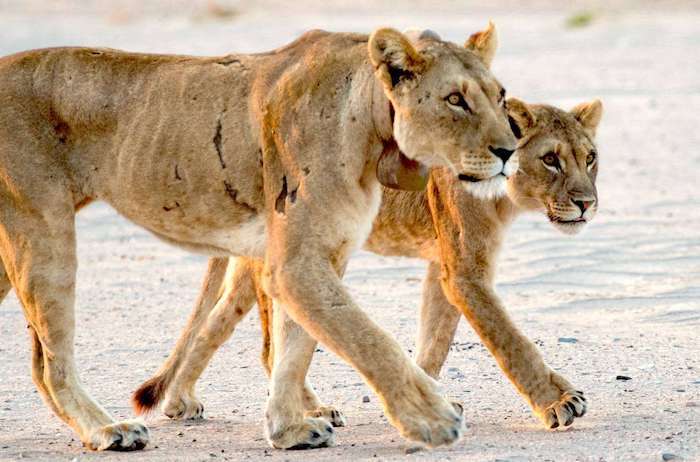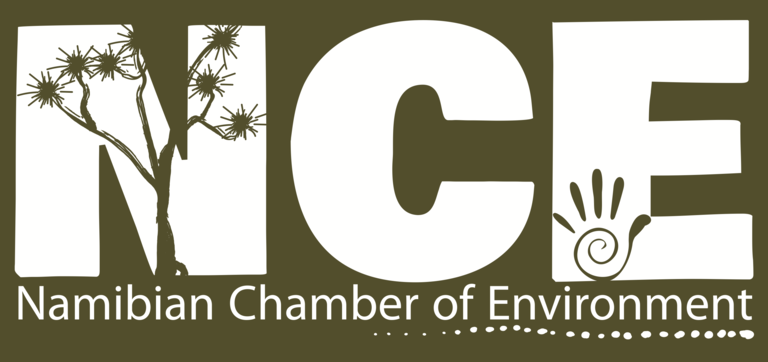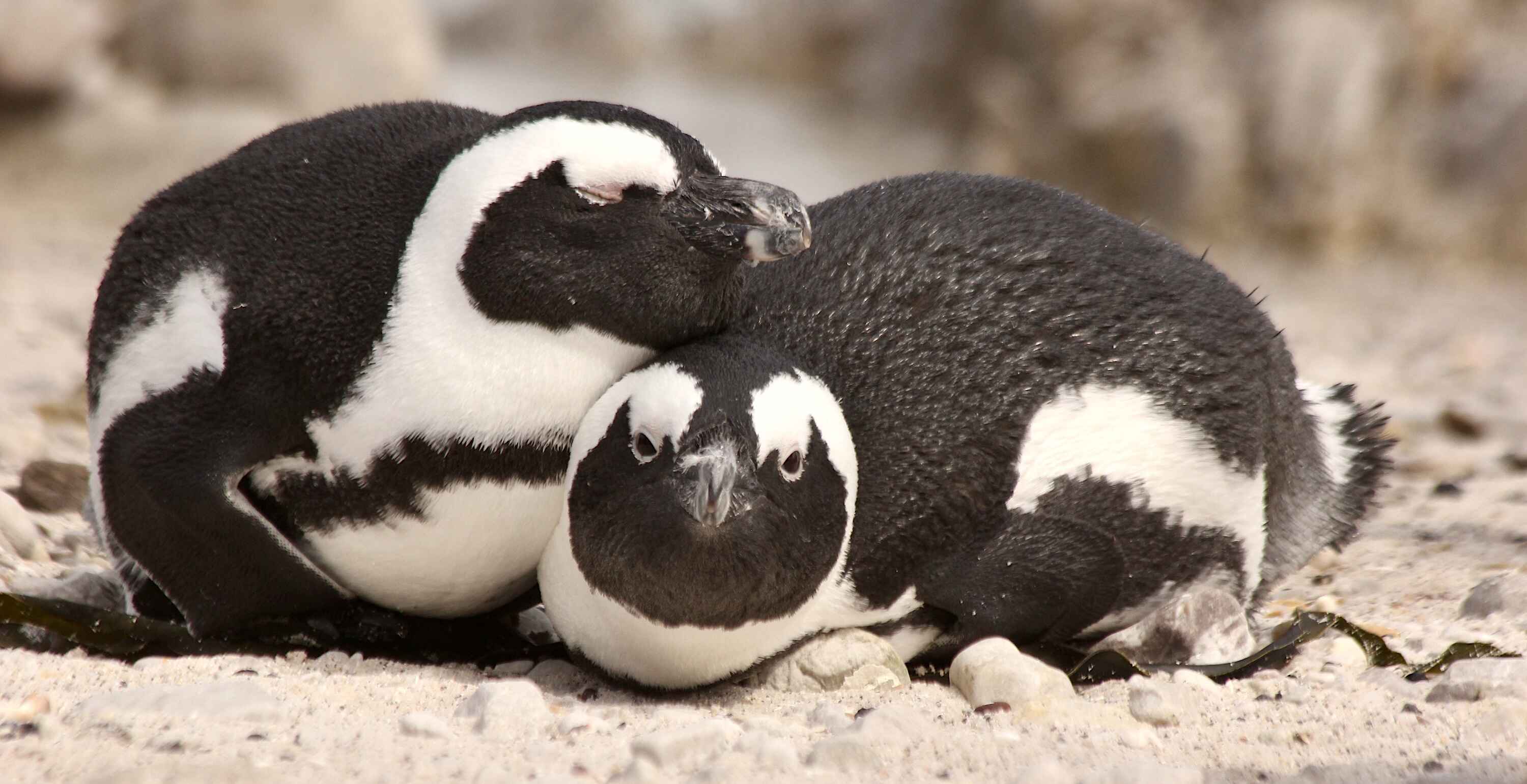
Namibia's African Penguin on the Brink of Extinction
15th November 2025
15th November 2025
Meet Egbert, an African Penguin rescued as an abandoned egg from the Stony Point penguin colony in South Africa. Years later, as an adult, he was found stranded in Swakopmund, where a first responder rescued him and arranged his transfer to facilities run by the Namibian Foundation for the Conservation of Seabirds (NAMCOB) in Lüderitz for rehabilitation. A few months after his rescue, he was released back into the wild at Guano Bay, Namibia. From there, he made his way to Halifax Island, off the Namibian coast, where he now waddles freely alongside his penguin buddies in the Namibian Islands' Marine Protected Area (NIMPA).
Double happy endings like Egbert's are cause for celebration, given there are only 1,500 African penguin adults (700–800 breeding pairs) left on four islands within NIMPA. African penguins have been pushed to the brink of extinction by guano harvesting, overfishing, predation, habitat loss, and climate change. Can we save Egbert and his friends from extinction?
The African Penguin is the only penguin species found in Africa, breeding primarily on coastal islands and forming large colonies from Namibia to Port Elizabeth, South Africa. These endearing little penguins are more than just charming waddlers; they play a vital role in Namibia's marine ecosystems. As an indicator species, their health reflects the state of our oceans and signals changes in the fish stocks critical to our marine ecosystem and the coastal fisheries that depend on it.
Globally, their population has crashed by over 97%, prompting the International Union for Conservation of Nature (IUCN) to classify the species as Critically Endangered,
one step away from extinction in the wild. Starvation is a key reason for their demise, as we have overfished the sardines, anchovies, and other small pelagic fish that comprise their primary diet. Oil spills, climate change, and habitat loss from past guano harvesting are among the other factors that have compounded the crisis.
Against this backdrop, experts emphasize urgency. The African Penguin is in a dire situation, and we cannot afford to wait any longer to protect the species properly,
says Nicky Stander, Head of Conservation at the Southern African Foundation for the Conservation of Coastal Birds (SANCCOB). In just over a decade, they could no longer exist. Governments, organisations, and individuals must come together to save them at all costs
.
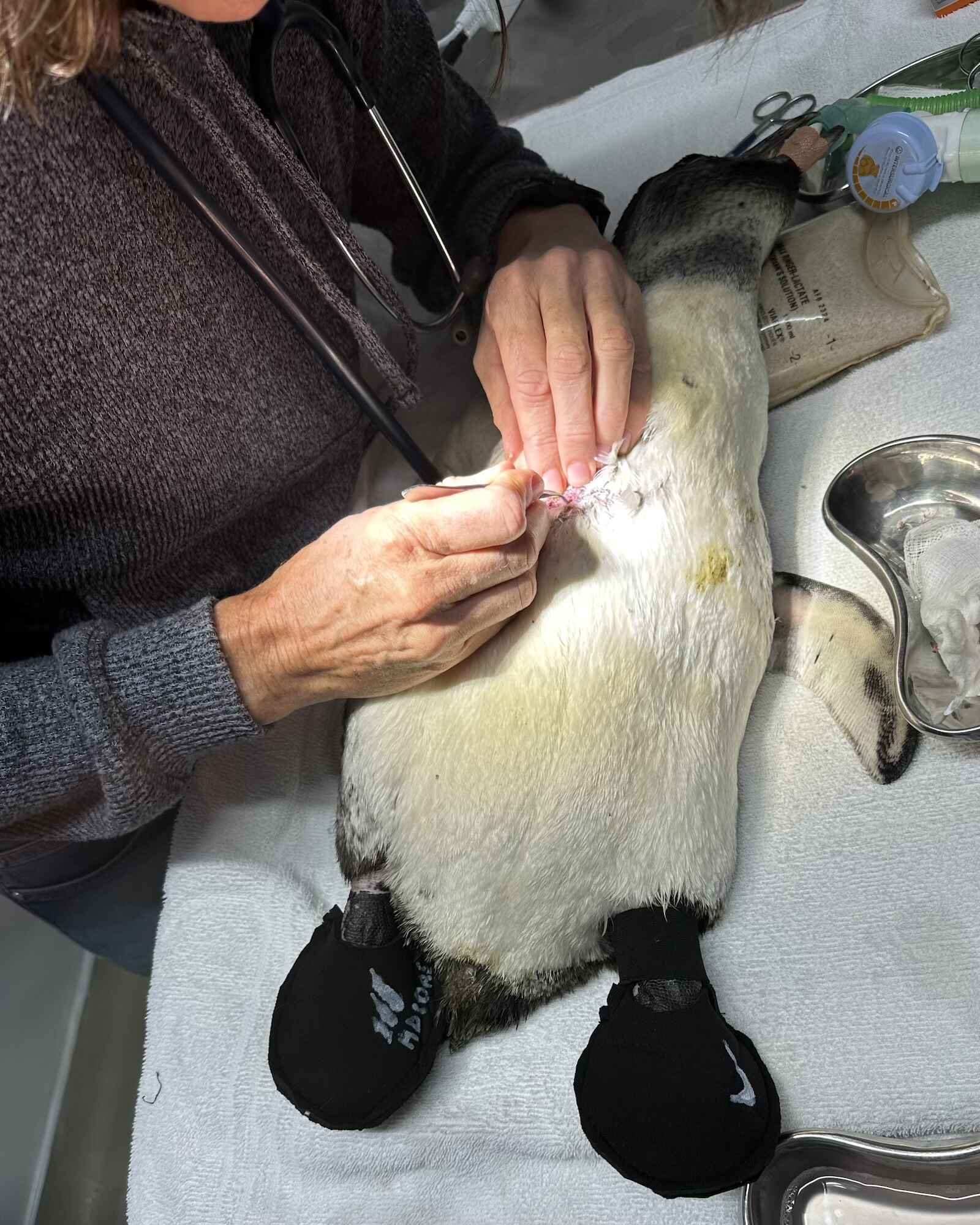

What the science tells us
Scientific studies paint a sobering picture of the challenges facing Namibia's African Penguins. Research from Mercury Island in Namibia, one of the last strongholds, shows that these seabirds are being forced to survive on low-energy prey, such as gobies, rather than their preferred diet of nutrient-rich sardines and anchovies. This dietary shift drastically reduces their breeding success, chick survival, and overall health, indicating the collapse of their food web.
A landmark study in the scientific journal Biological Conservation revealed that declines in sardine populations due to overfishing and climate variability are tightly correlated with penguin population crashes. Penguins can only hunt close to their breeding islands, making them particularly vulnerable to overfishing close to key breeding sites. These findings reinforce the urgent need for ecosystem-based fisheries management and strict enforcement of marine protection policies in NIMPA.
Furthermore, long-term monitoring in the Benguela Current ecosystem reveals that guano-dependent nesting sites remain degraded due to historical exploitation, and recovery is slow without active habitat restoration. To address this, NAMCOB has installed 100 nest boxes across the four NIMPA islands to support breeding populations.
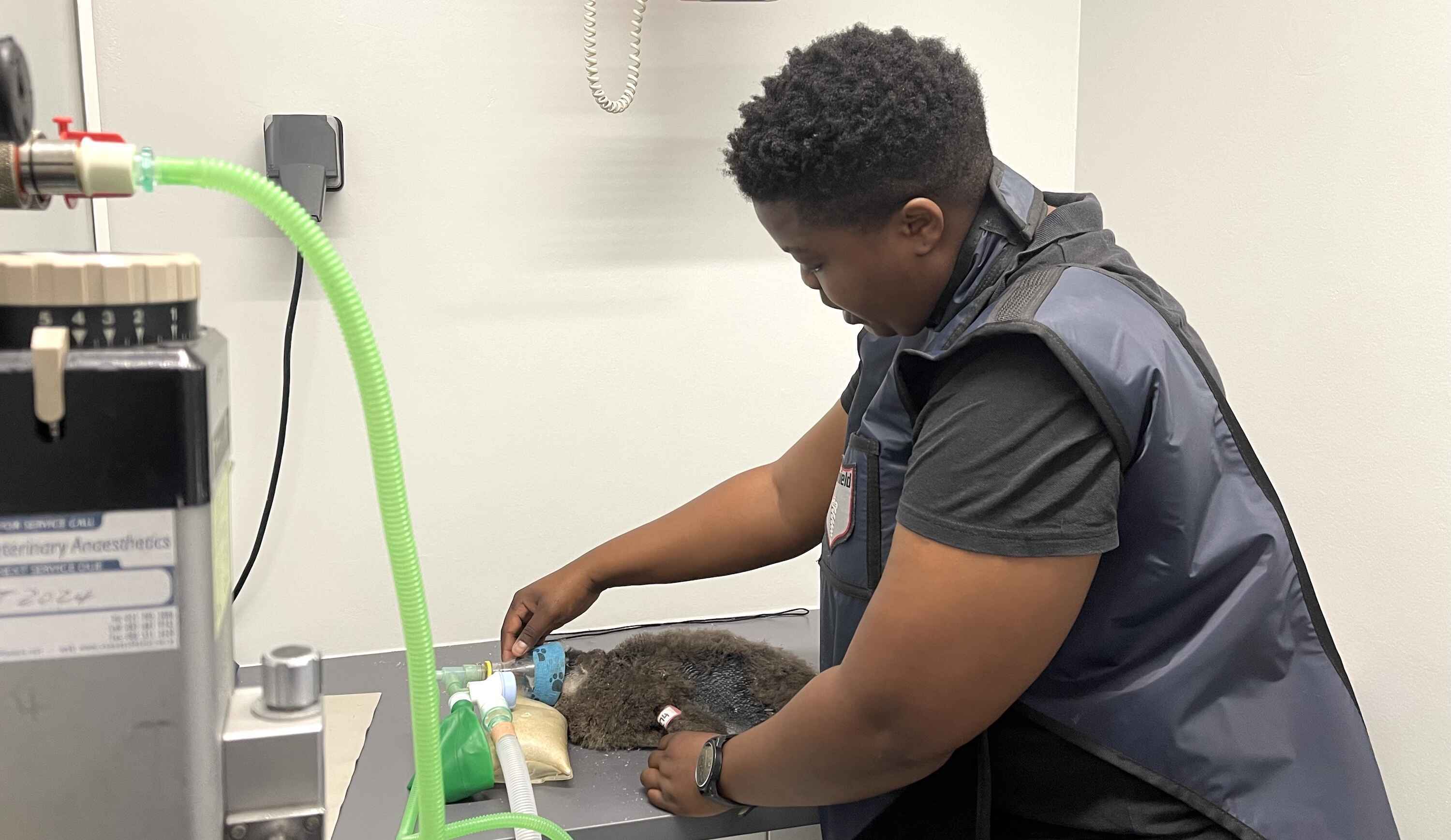
Fighting for survival
The 9,500 km2 NIMPA was designated in 2009 as a safe space for marine animals to feed, breed, and rest. Despite being established in 2009, the NIMPA management framework has yet to be approved, which hinders conservation efforts. NAMCOB is advocating for the Ministry of Agriculture, Fisheries, Water, and Land Reform (MAFWLR) to adopt the NIMPA operations management plan.
The NIMPA operations management plan will help conservationists to make better decisions and implement regulations to protect marine life and ecosystems. It will also support sustainable resource use by communities. For it to work well, fisheries managers need proper training, and the plan must be based on solid evidence.
The African Penguin is in a very perilous state. As one of the sentinels of our oceans, they are signalling that we are not managing our local marine environment holistically enough. We need to change this in order to arrest the situation,
says Angus Middleton, Chairman of the NAMCOB executive committee.
The Power of Collaboration
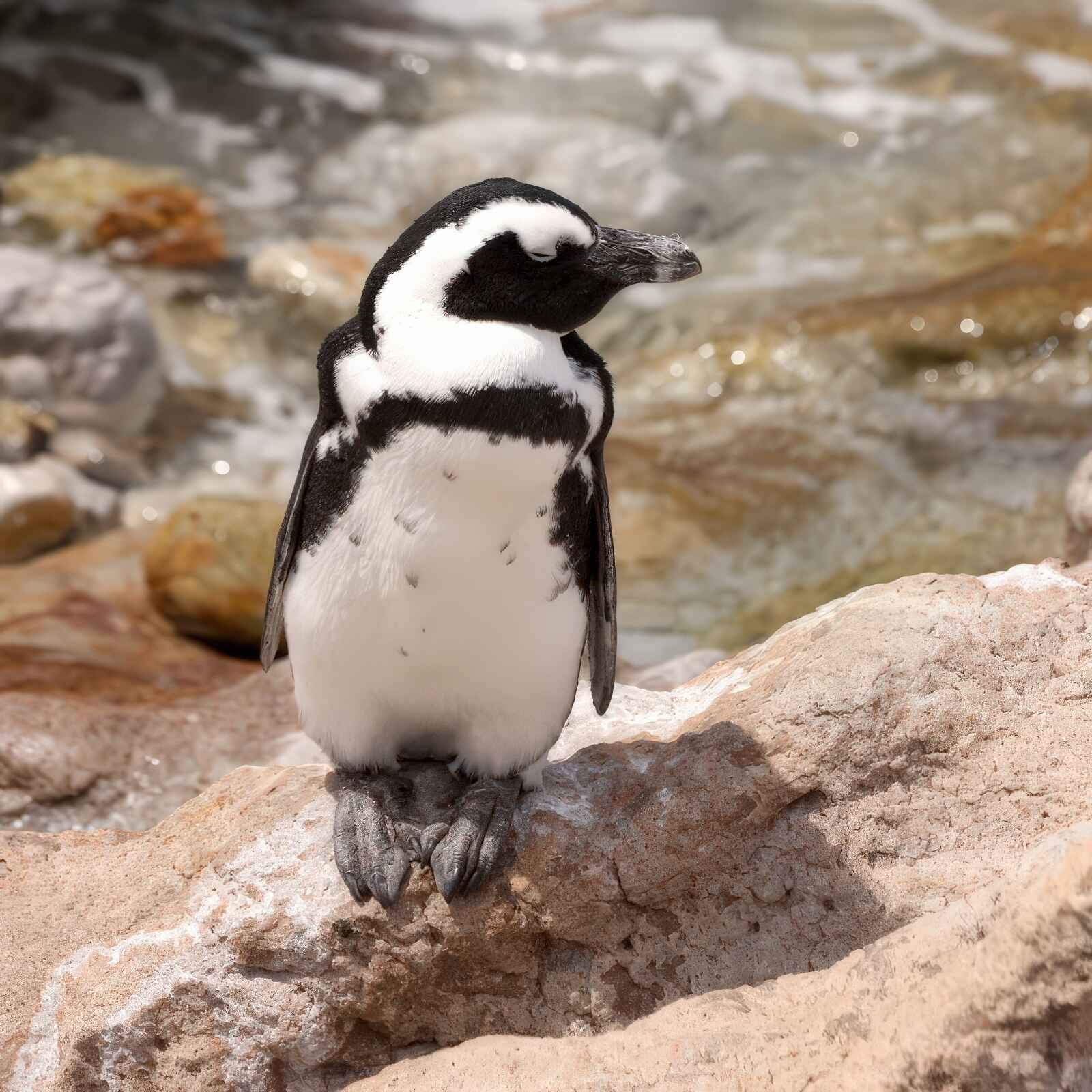
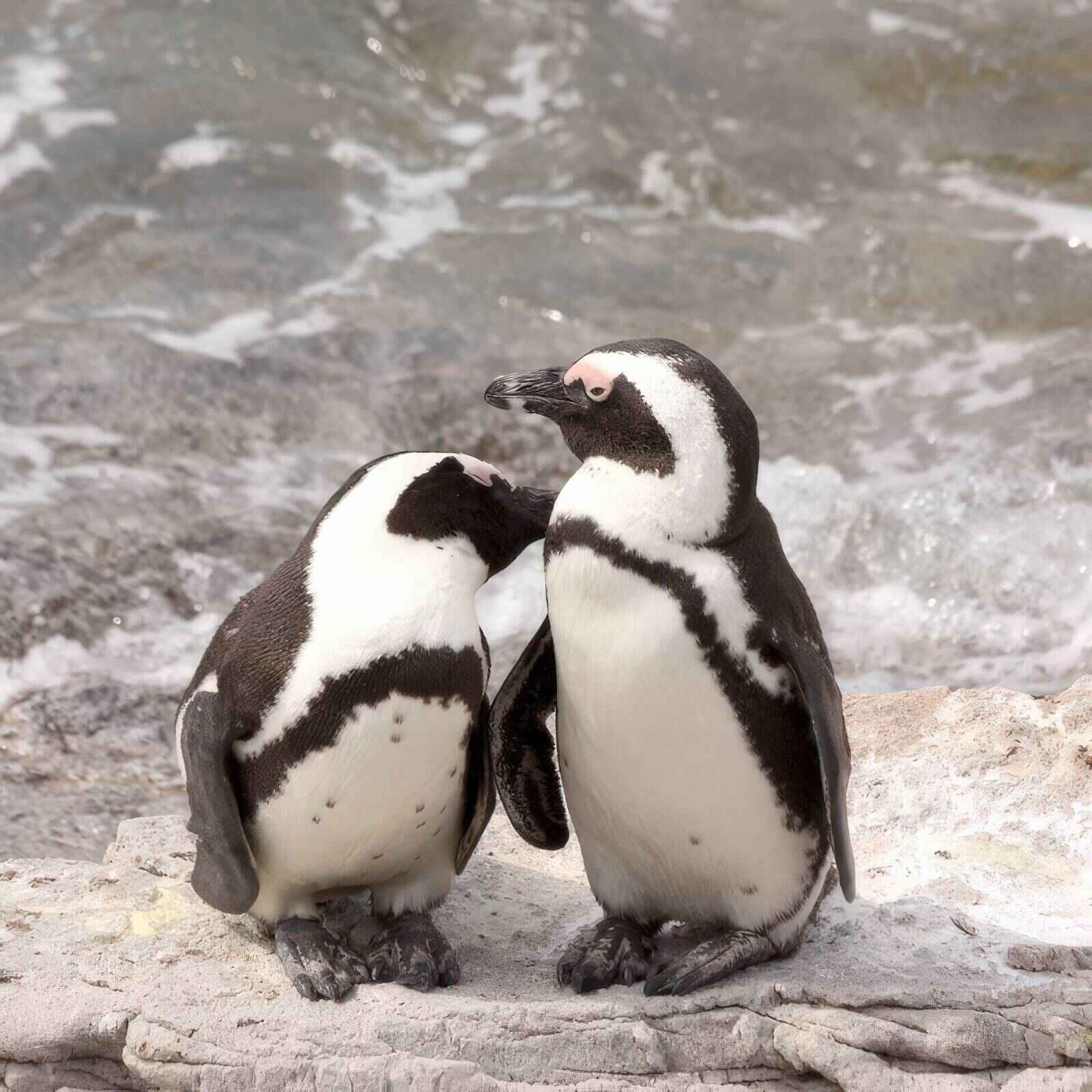
NAMCOB and MAFWLR, in collaboration with national and international partners, are implementing hands-on conservation measures on all four of the penguin breeding islands in NIMPA. These efforts include protected area monitoring, oil spill preparedness, and seabird research and monitoring. The team also engages with coastal communities through awareness initiatives.
As the government, we have to strengthen our efforts by working with NGOs and experts in the field like never before,
says Desmond Tom, Senior Fisheries Biologist at MAFWLR. Crucially, MAFWLR has implemented a moratorium on commercial sardine fishing to allow for the recovery of this important fish stock for humans and penguins.
Saving African Penguins like Egbert is possible if we all work together. Monitoring their survival, reproduction, and breeding colony sizes must guide Namibia's ecosystem-based management to ensure healthy oceans. A robust NIMPA management plan that protects the key breeding islands – Mercury, Ichaboe, Halifax, and Possession – around Lüderitz is critical to their survival and broader ecosystem health.
Waddle we do without the penguins?
African Penguins play a crucial role in marine ecosystems. They enrich coastal waters with guano, contribute to marine food webs, and support biodiversity beyond the fisheries sector. Their story doesn't have to end in extinction. You can support the critical work being done by the government and its partner organisations, like NAMCOB. Penguins need more than happy endings for individuals like Egbert; they need systemic change in how we manage marine ecosystems. In the long run, these changes will help penguins and people.
For articles on similar topics, please click one of the following options:
If you enjoyed this page, then you might also like:
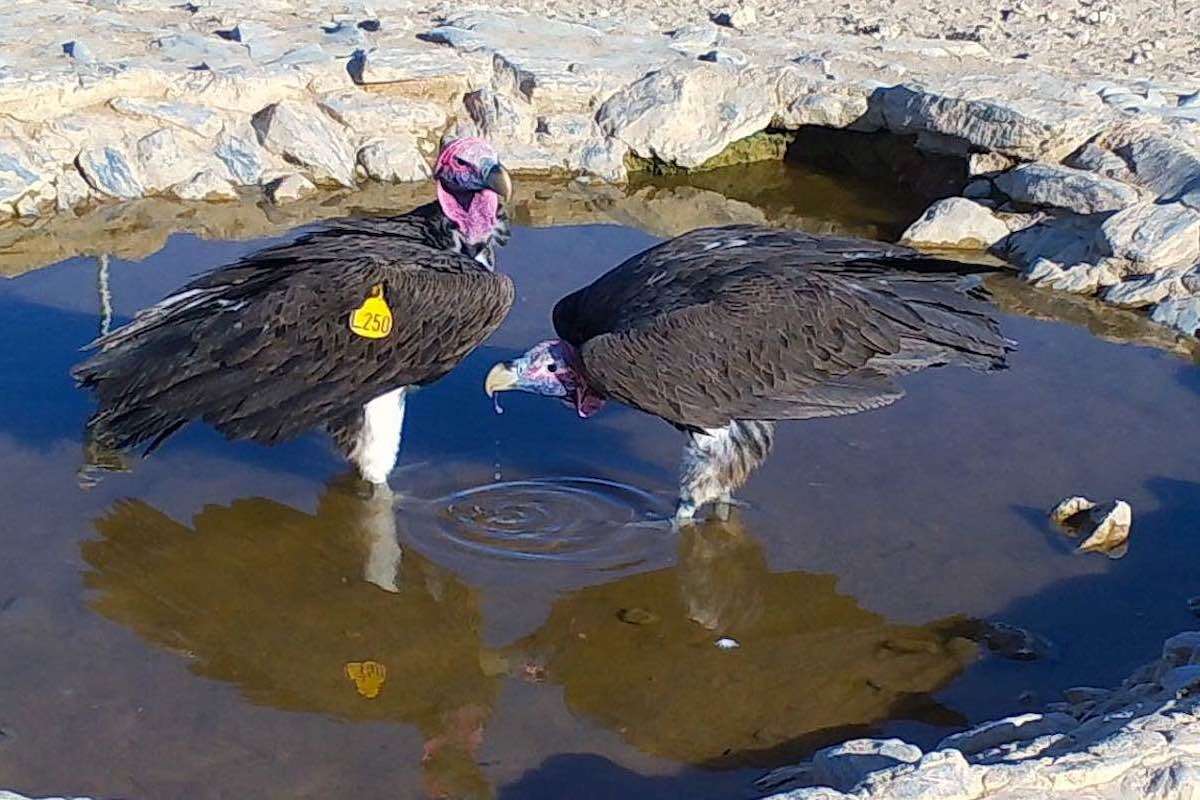

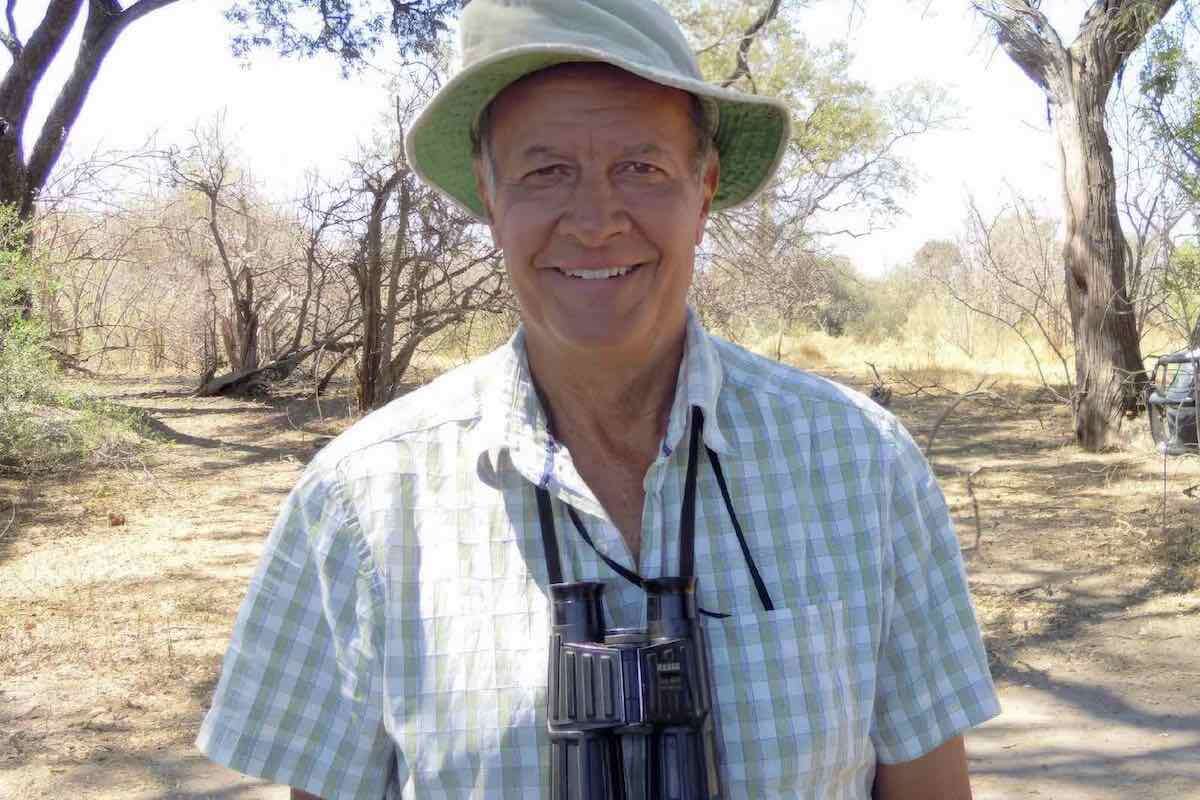
For more great articles from Conservation Namibia see below...
Conservation Namibia brought to you by:
We use cookies to monitor site usage and to help improve it. See our Privacy Policy for details. By continuing to use the site, you acknowledge acceptance of our policy.
